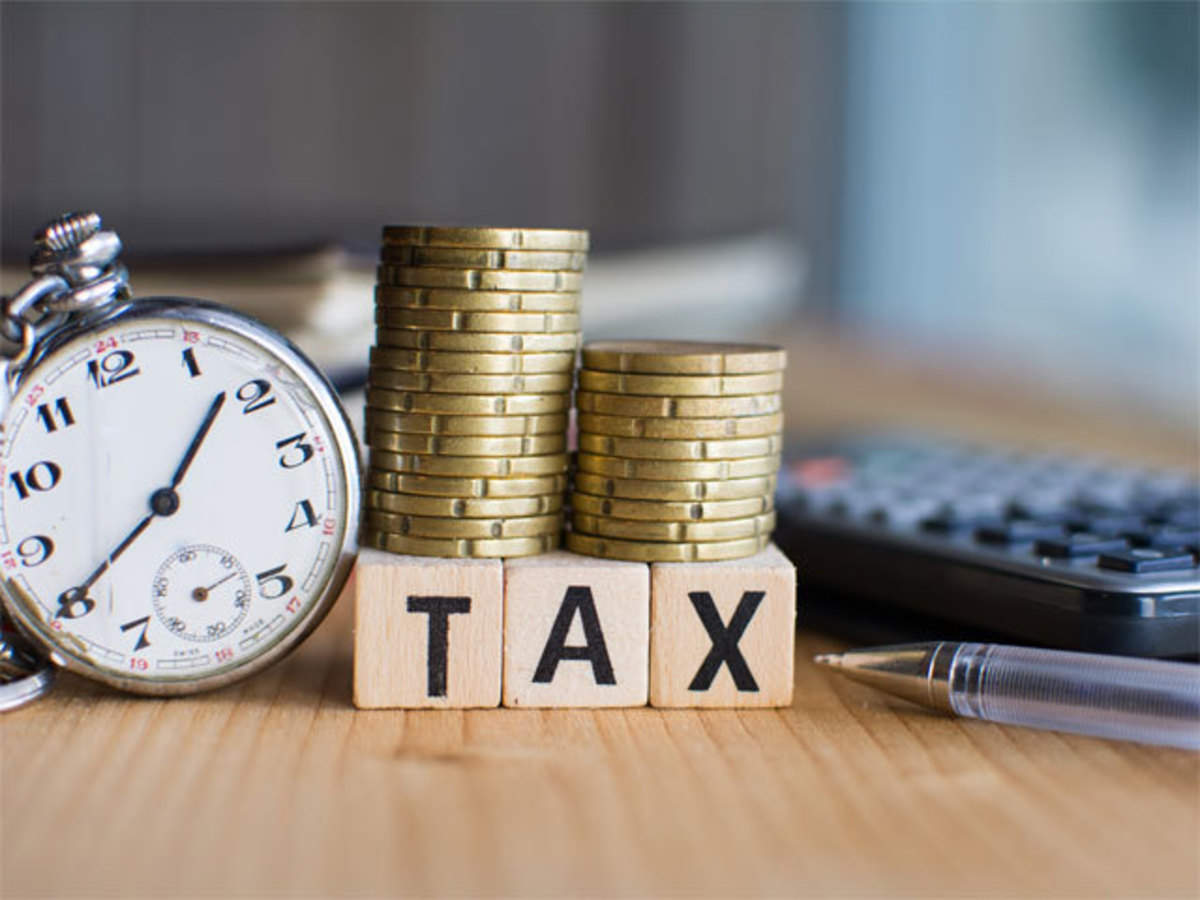Where there are two exemption notifications that cover the goods in question, the assessee is entitled to the benefit of that exemption notification which gives him greater relief, regardless of the fact that the notification is general in its terms and the other notification is more specific to the goods. This was held by the two judge bench comprising of Hon’ble Justice M.S. Ramachandra Rao and Hon’ble Justice T. Vinod Kumar in the case of Telangana State Pollution Control Board and Anr. Vs. Central Board of Direct Taxes [WRIT PETITION Nos.4834 and 15629 of 2020] on the 26th of July 2021 before the Hon’ble High Court of Telangana.
The brief facts of the case are, Both the petitioners are constituted by the State Governments under Section 4 of Water (Prevention and Control of Pollution) Act, 1974 and Section 5 of the Air (Prevention and Control of Pollution) Act, 1981 and are established for the purpose of administering and controlling various steps relating to reduction of pollution and hazardous waste of all kinds, as per the statutory provisions of the said statutes. The 2nd respondent, granted approval under Section 10(23C)(iv) of the Act with effect from the Assessment Year 2014- 15 onwards. It is the common case of the petitioners that though the petitioners were approved by the 2nd respondent and granted exemption under Section 10(23C) of the Act, the 3rd respondent denied the benefit of exemption on its income under the Act, for one or other reason and the matters are pending consideration in appeal before the appellate forum.
The counsel for the petitioner submits that the petitioners submitted applications dt.07.03.2017 and 08.03.2017, respectively, for being notified under Section 10(46) of the Act; that the petitioners satisfy the conditions specified under Section 10(46) of the Act; that similarly placed Pollution Control Boards of the other States, have been notified under Section 10(46) of the Act; and that despite the petitioners making applications for issue of notification under Section 10(46) of the Act, which would entail the petitioners to avail exemption on their income, the said request of the petitioners is not being considered and the petitioners are not notified under Section 10(46) of the Act. Opposing the contentions urged by the petitioners, on behalf of the respondents it is contended that the petitioners are not eligible to be notified under Section 10(46) of the Act, since the petitioners were already granted registration under Section 10(23C)(iv) of the Act, and the said registration is still in force; and that in view of the 18th proviso to Section 10(23C) inserted with effect from 01.04.2015, the benefit of approval under Section 10(46) of the Act would not be available. It is also contended that the claim of the petitioners with regard to the similarly placed Boards of other States being notified under Section 10(46) of Act, would attract the concept of “Zohnerism” as unlike other Pollution Control Boards, the petitioners are already registered under Section 10(23C)(iv) of the Act.
The learned bench heard the submissions of both the parties and observed that, Firstly, it is to be noted that on grant of approval to an assessee under Section 10(23C)(iv) of the Act by the prescribed authority, assessee would be eligible to claim exemption in respect of certain incomes as not forming part of its total income. Upon the assessee making a claim, grant of exemption is not automatic or compulsory, but the same is subject to scrutiny and grant by the assessing authority. Secondly, the stand of the respondents that the approval granted under Section 10(23C) of the Act, is in perpetuity and cannot be surrendered by the assessee, like the petitioners, also appears to be without any basis. The court also observed that, though there are two different provisions of the Act under which the petitioners can claim the benefit, mere fact of petitioners being granted approval under one particular provision of the Act, namely Section 10(23C)(iv) of the Act, in our opinion, would not disentitle the petitioners/ assessees to seek for being notified under a different provision, as it is for the assessees/petitioners to choose as to which of the provisions would be more beneficial. Thus, the petition was allowed by decreeing that, “Further, it is also to taken note that the petitioners, while applying for exemption and seeking for being notified under Section 10(46) of the Act, also offered to surrender the approval obtained by it under Section 10(23C)(iv) of the Act on being notified. The respondents for the reasons best known did not take any action on the applications filed by each of the petitioners for being notified under Section 10(46) of the Act, nor communicated the reason for not considering the applications, for nearly three years, till the petitioners approached this Court by the present writ petitions. Thus, the action of the respondents in not processing the case of the petitioners and maintaining static silence, cannot be countenanced.”


